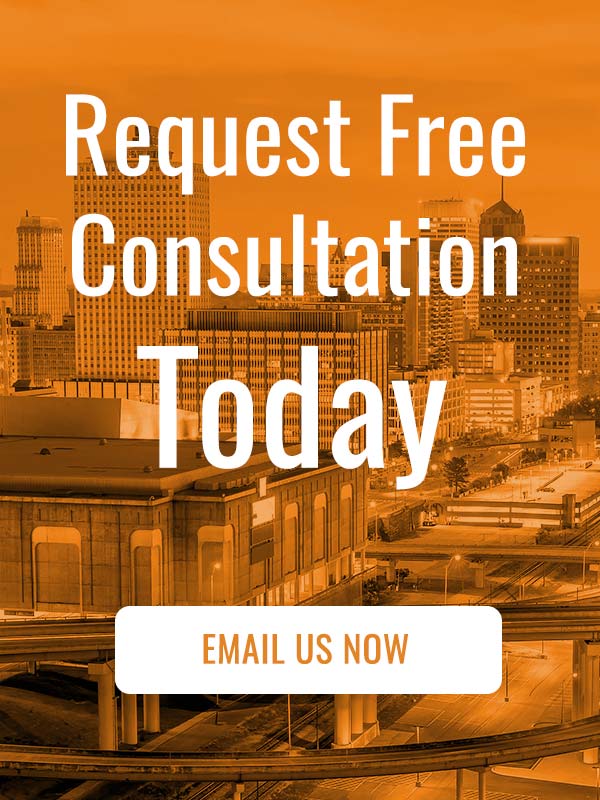If you are struggling to keep up with your bills, you may be wondering whether bankruptcy can help. While every situation is different, bankruptcy can often eliminate debts and provide a fresh financial start. In fact, many people find that their lives improve immediately after filing bankruptcy and wish they had filed sooner.
How Does Bankruptcy Work?
Chapter 7 bankruptcy is a type of liquidation bankruptcy available to consumers that involves the liquidation of a debtor’s non-exempt assets. The proceeds from the liquidation are used to pay off the debtor’s creditors. Unless they are nondischargeable debts like student loans or child support payments, any debts that are left over are discharged.
When debts are discharged, it means that you are no longer under any legal obligation to pay them back. Some examples of debts that you can discharge in Chapter 7 bankruptcy include:
- Credit card balances
- Certain tax debts
- Utility bills
- Past-due Rent
- Auto loans
- Personal loans
- Medical bills
In many cases, people who file for bankruptcy are left with zero debts once their case has come to a close. In addition, most bankruptcy cases are “zero-asset” cases, which means that the filer does not have non-exempt assets to include in their bankruptcy estate. When a debtor does not have any non-exempt assets, it means that they can discharge their eligible debts and do not have to give up anything they own. An attorney familiar with the bankruptcy exemptions in your state can evaluate your financial circumstances and determine whether bankruptcy is right for you.
Speak with a Memphis Bankruptcy Lawyer About Your Options
At Hurst Law Firm, P.A., we help our clients obtain a fresh financial start through bankruptcy. Contact us online or call 901.725.1000 to schedule a free case evaluation to determine whether bankruptcy is right for you.


